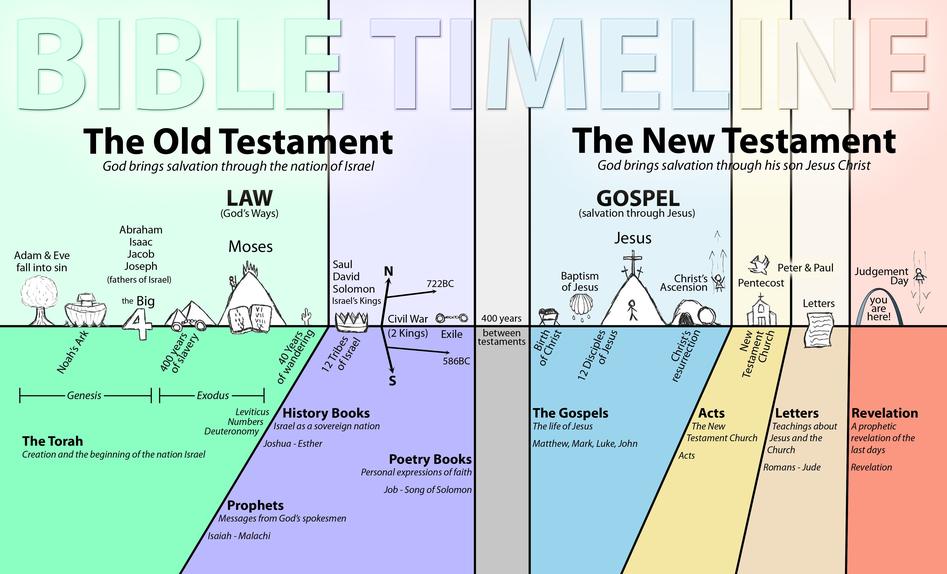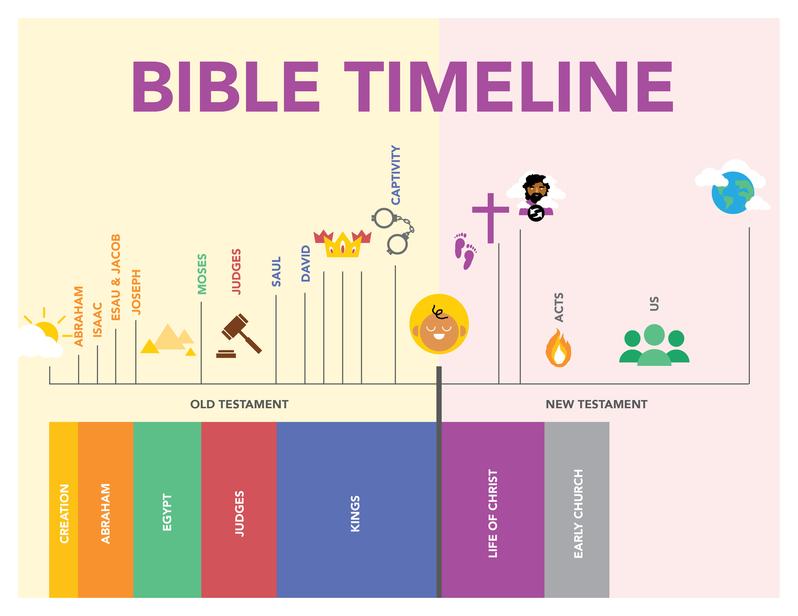Luke in the Bible appears as a short form of Lucas due to a common naming pattern found in English translations of biblical names that originated in Greek or Latin. The Greek version of Luke is Loukás, related to the Latin Lucas. In English, the typical masculine ending “-s” is often dropped, leading to the simplified form “Luke.”

The pattern of dropping the “-s” ending is consistent across several biblical names. For example, the name “John” comes from the Latin or Greek “Ioannes,” where the “-s” is removed in English. Similarly, “Mark” derives from “Marcus,” again losing the “-s” in the transition to English. This is a widespread practice rather than an exception.
This process reflects the natural adaptation of names as they move from Greek or Latin into English, especially those used in biblical contexts. Greek names commonly end in “-s,” a grammatical feature marking masculine nouns. English, however, does not typically retain such endings when borrowing names. As a result, the shorter forms sound more natural in English and have been favored in biblical translations for centuries.

To summarize:
- Luke originates from the Greek name Loukás and Latin Lucas.
- English translations drop the masculine “-s” ending present in Greek and Latin names.
- This pattern applies not only to Luke but also to John (Ioannes) and Mark (Marcus).
- The biblical Luke uses the simplified form, conforming to this common translation practice.
The abbreviation to “Luke” illustrates a broader linguistic trend rather than a unique case. English translations of the Bible prioritize names that are easy to pronounce and consistent with English naming conventions. This approach ensures clarity and accessibility for readers.

Luke Is Short for Lucas: Why Does the Bible Use the Short Form?
Let’s cut straight to the chase: The Bible uses “Luke,” the short form of “Lucas,” because biblical names often drop the Greek or Latin endings when translated into English. This isn’t a random choice. It’s a consistent pattern that affects many biblical names, not just Luke. But why does this happen? Let’s dive into the linguistic and historical reasons behind this fascinating transformation.

Imagine you’re reading the Bible centuries ago. Most of it was originally written in Greek and Latin. Names like Luke, John, and Matthew didn’t start in English. They traveled through languages, picking up and sometimes dropping letters, much like your favorite pair of jeans shrinking in the wash.
The Origin of Biblical Names: Greek and Latin Roots

First, take the name Luke. Originating from the Latin Lucas, it was written as Loukás in Greek. These forms include endings like “-as,” typical for Greek male names. The English “Luke” is a trimmed-down version that sheds the classical flair.
This pattern is by no means unique to Luke. Consider John, a hugely popular biblical figure. The original Latin form is Ioannes or Iohannes, and in Greek, it’s Iōannēs. But English readers don’t say “Ioannes.” They’ve gone for the simpler “John.” While “Jonathan” sounds close to “John” in modern English, they stem from different origins. Jonathan traces back to “Nathan,” meaning “gift of God,” whereas John means “grace of God.” Confusing? Maybe a bit, but it shows how personal and varied biblical naming is.
How about Matthew? English speakers recognize this as a classic name, but it starts life as Greek Mattathias or Matthaios before becoming the fresher “Matthew” we use today. The similar pattern to Luke and John keeps showing up—those Greek male names just LOVE their endings. When crossing cultural and linguistic borders, the neat thing to do is lose the complicated parts.
Why Drop the Ending? Understanding the Pattern
Here’s the secret sauce: when these names are translated into English, the long Greek and Latin endings are dropped. Why? It’s easier and fits English phonetics better. Imagine someone introducing themselves as “Loukás” at a modern coffee shop. People might pause. “Luke,” on the other hand, rolls off the tongue swiftly.
Luke, Mark, John, Matthew—they all follow this rule. Mark was originally “Marcus.” You see the pattern: dropping the “-us” or “-as” ending isn’t just style; it’s language adapting to comfort and usability.
This trimming of names from “Lucas” to “Luke” is a linguistic shift, reflecting how languages and cultures evolve. It’s not a case of the Bible being lazy with names. Rather, English translations aimed for clarity and ease, especially in times when these texts were passed orally or became popular among English speakers.
Is There Evidence? And What About Other Names?
Absolutely! Many scholars study these transformations. If you want deep dives, books like The Transformation of Biblical Proper Names by Joze Krasovec explore this topic in detail. It’s fascinating to see how names morph across centuries and languages.
Names aren’t just words; they carry meanings and stories. “Luke” comes from “Lucanus,” which hints at light or illumination. Such meanings form subtle messages inside the Bible’s text and the personas created. When the name shortens, it still carries the essence.
Why Does This Matter to You?
Maybe you’re wondering why your Bible spells a friend’s favorite name in a seemingly “short” way. It’s not a typo or casual choice. It’s a fascinating window into history. It shows how faith, language, and culture stitch together. And when you read names like Luke, remember there’s a full world of history behind that single word.
Also, the fact that “Luke” is used instead of “Lucas” keeps the name friendly and approachable—making the Gospel writer feel like someone familiar rather than a distant figure from ancient times.
Tips for Bible Readers or Name-Lovers
- When you see a biblical name that seems “short,” think about the original language. Often, those endings carry grammatical meaning in Greek or Latin that aren’t necessary in English.
- Look up the original forms if you’re curious. It’s a fun way to connect with the Bible deeply and appreciate linguistic history.
- Notice that many Biblical names have meanings that enhance the story. “Luke” = light; “John” = grace of God; “Matthew” = gift of God. These aren’t random—they enrich the text.
In Summary
The Bible uses “Luke” instead of “Lucas” because English translations of biblical names consistently drop the Greek and Latin masculine endings such as “-as” or “-us.” This pattern makes the names easier to pronounce and more familiar to English speakers. It’s part linguistic practicalities and part historical tradition that makes the Bible’s names feel both ancient and approachable today.
So next time you pick up your Bible and read about Luke, remember this name has traveled a long path—from Loukás to Lucas to the friendly Luke you know. It’s more than a name; it’s a journey through culture and time.




